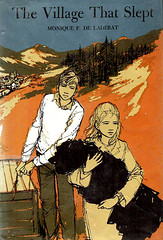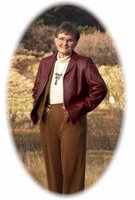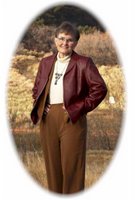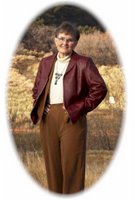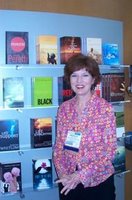KB: Enter the Dragon . . . Er, Editor . . .

Okay. I have a confession to make.
I am an editor.
Yes, yes, I know. It’s shameful. Frightening, even. But there you have it. I am an editor. One of those dreaded people about whom so may writers have said, “Editors! Can’t live with ‘em, can’t shoot ‘em!” As hard as writing is—and we all know that’s HARD—most editors understand it’s harder and more painful to be edited. But here’s the deal: writers need editors.
Yes, you do.
Now hang on. Before you string me up, let me explain. Yes, I am, first and foremost, an editor. But I’m also a writer. A novelist, even. (How’s that for schizo? Some days I wanna string me up, too!) So you’d think, wouldn’t you, that being an editor, my writing would be remarkably clean and succinct, that all the characters would make sense and be consistent (those who started out blonde on p. 1 would still be blonde on p. 325), that there wouldn’t be any loose ends or leaps of logic, and that there certainly wouldn’t be any misspellings or grammatical errors…
Uh…not. SO not.
My writing, just like everyone else’s writing (yes, yours too), isn’t perfect. Not because I don’t know what I’m doing (at least…I hope that’s not the reason!), but because you can’t write and edit at the same time. Not outside of a rubber room, anyway. Like almost every other writer out there, I’m too close to the story or characters to see the challenges.
It’s really pretty simple. Creative minds do wonderful, amazing things. They form worlds where they didn’t exist; they birth people from the dust of life experience and imagination; they bring the murkiness of life and faith and relationships into crystal clarity for one brief, shining moment; and, God willing, they change readers’ perception. Maybe even their lives. That’s a lot for anyone to do. Accomplishing all that means you have to let the creativity FLOW.
Now you and I both know there’s no greater creativity crusher than editing. Not that editing isn’t a creative process (I’ll get to that in a minute), but it’s primarily detail-focused. Whether it’s big picture details (show vs. tell, characterization, plot, pacing, word choice, etc.) or the minutiae (spelling, grammar, etc.), you have to use a different part of the brain to edit. And while some writers can do that, and do it well, I don’t know of many, myself included, who can do it on their own work. Not the way it often needs to be done.
Enter the editor.
Wait! Don’t run away! I promise, it won’t be as painful as you might think. But just so you can catch your breath and calm your heart, let’s take a break and let the editor enter in my next entry.
Okay, relax. You’re safe for now.
Everything you want to know about Karen Ball (and probably way more) can be found at www.Karenballbooks.com


